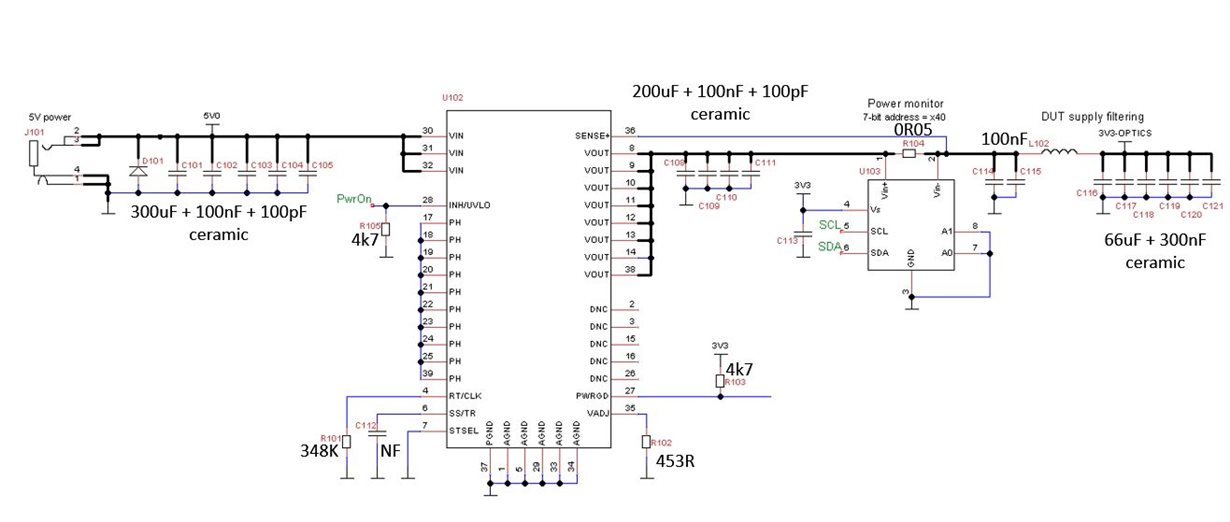We have designed this part into one of our products. We have had 2 customer returns with the same failure. Basically there's a pretty catastrophic short between the following pins: VOUT, PH, VIN, AGND. Obviously that's very bad news.
There's no obvious external damage and it's definitely the chip itself. I've probed it after removing it from the PCB. But it's not at all obvious how it's happened.
I've attached the schematic - any ideas what the failure mode might be?

